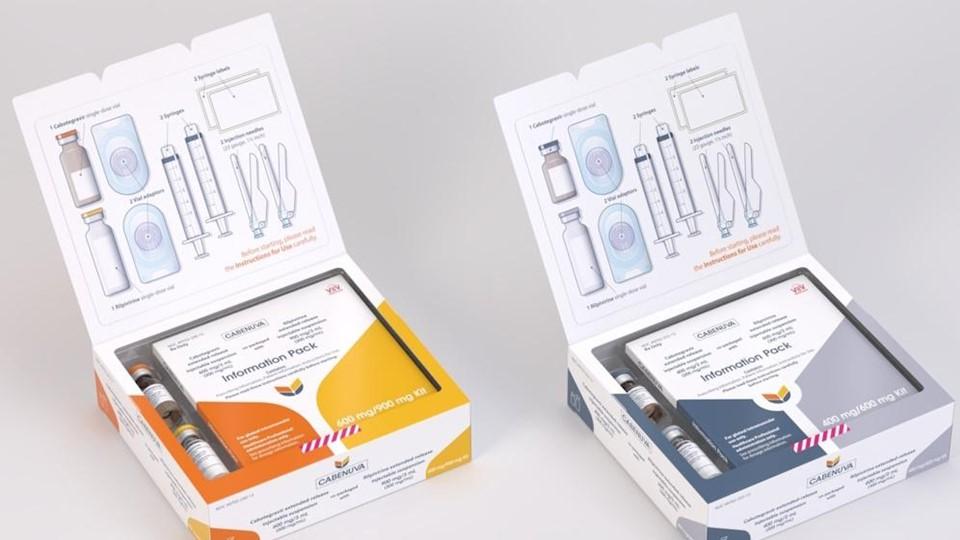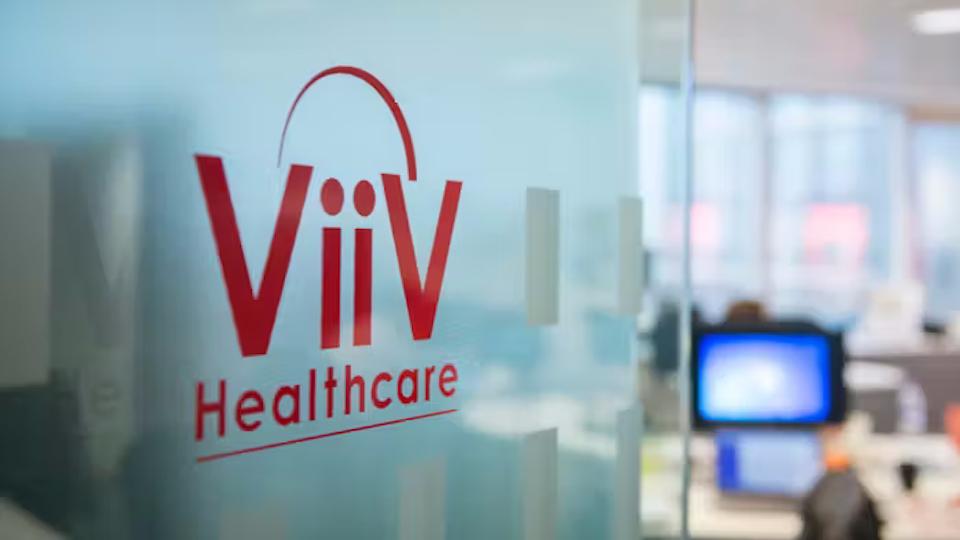Switch study says patients prefer ViiV’s injectable HIV drug

When ViiV Healthcare and Johnson & Johnson launched their once-monthly injectable HIV treatment Cabenuva in 2021, they predicted that patients would prefer that option to the need to take tablets every day.
Now, the two partners have evidence from a direct head-to-head comparison between Cabenuva (cabotegravir/rilpivirine) and Gilead Sciences’ commonly-prescribed oral HIV regimen Biktarvy (bictegravir/emtricitabine/tenofovir alafenamide) that they say provides the first direct evidence for that viewpoint.
Data from the phase 3b SOLAR study is being presented today at the IAS 2023 conference in Brisbane, Australia, which followed patients who switched from Biktarvy to Cabenuva over 12 months and found that 90% of them preferred the once-monthly injection.
Previous 12-month findings from the same study presented at the CROI 2023 in February showed that Cabenuva was as effective as Biktarvy for the treatment of HIV in suppressing HIV.
At enrolment into SOLAR, almost half (47%) of patients on Biktarvy said they had experienced challenges in remembering to take the treatment every day, and negative effects of a daily reminder of their HIV status.
As well as leading to improved adherence, 83% and 61% of participants, respectively, who switched said they preferred the long-acting treatment as it was more convenient for them or because it stopped them from thinking about their HIV status every day.
Meanwhile, more than half (59%) cited not having to worry that others may see their pills as a reason they preferred the injections.
ViiV – which is majority-owned by GSK – has said Cabenuva is central to its plans to grow its HIV sales over the next five years alongside long-acting injectable Apretude (cabotegravir), an alternative to Gilead oral therapies for HIV pre-exposure prophylaxis (PrEP), and its two-drug regimen Dovato (dolutegravir/lamivudine).
So far, Cabenuva’s increased convenience hasn’t made much of a dent in Gilead’s Biktarvy sales, which increased 24% year-on-year to $2.7 billion in the first three months of 2023. In the same period, sales of Cabenuva reached $183 million, up from around $49 million a year earlier.
In its first-quarter update, GSK said Cabenuva was experiencing strong patient demand, with high market access and reimbursement levels across the US and Europe driven by a recent approval for a new dosing regimen that did away with the need for an oral lead-in period. In the US, it recently started a direct-to-consumer (DTC) advertising campaign to support its rollout.
Analysts at ODDO BHF said recently that ViiV’s cabotegravir franchise, driven by Cabenuva and Apretude – could contribute around £3 billion ($2.6 billion) out of total HIV sales of £7 billion for ViiV in 2026, although GSK’s estimates for peak sales are more modest at around £2 billion.
Gilead also has its eye on the long-acting injectable market, however, and last December it won FDA approval for twice-yearly therapy Sunlenca (lenacapavir), though that is intended initially as an add-on to oral therapy for people with resistant HIV.
The company has said it also intends to extend the use of lenacapavir into additional and larger patient settings, including the general HIV-positive population, as well as for PrEP.
ViiV, meanwhile, is working on a self-injectable formulation of its drug and is investigating new versions that could offer twice-yearly dosing.













